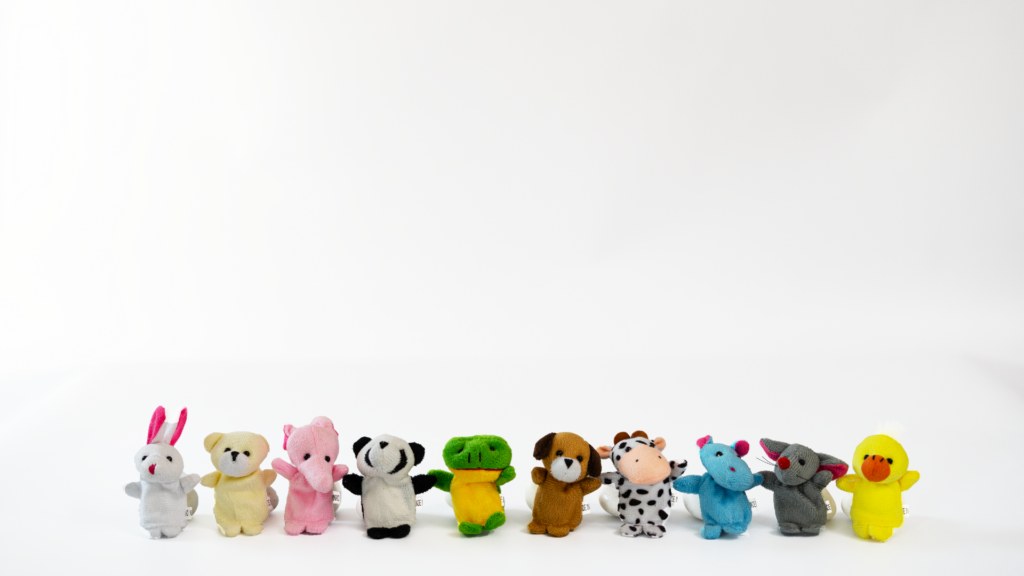Remote work is not just for techies
Ever since this post decided it wanted to blow up, I have had many Introduction Calls booked with amazing individuals. They are interested in working remotely but don’t know where to start or where to look for opportunities. I’m glad to have shared my experience with them and offered a few pointers to help them get started. I even have a very smart and enthusiastic recent school leaver who landed a remote role working just a few hours a week through my network. Unfortunately, I need to say this here and now (again) that I don’t have a pool of remote jobs waiting. I share strategies that help aspiring remote workers land remote roles. Now, in most of these calls and conversations I continue to have with people who wish to pursue remote work, I have realised that there is a common misconception that remote work is only easy to get for those who work in tech or some kind of IT function. I have gotten used to hearing statements like, “It’s easy for you ka imi ana Tari vari muIT” or “But experience yangu inoita here iyoyi kuRemote?” (Translation: “It’s easy for you Tari because you are in IT” or “But will my experience be relevant for a remote role”) I thought to write this post to speak to those who may be thinking this and are wondering how they can actually get remote roles when they are not techies. Let me start with a story… When I left my job in 2014 to become a Virtual Assistant, I was working in tech. I was an IT Manager for a local bank in Zimbabwe and led the team that was developing and supporting our banking applications. When I decided to become a Virtual Assistant, I was signing up for a job that had nothing to do with tech. The only skills I took with me into this new role were reading, writing, communication and basic computer and internet literacy. I believe most people who can operate a smartphone, computer, and navigate at least one social media platform with ease (even just to socialise) would have also qualified. As I was drafting this article, I decided to go back to my very first client contract from 2014 and review the tasks I was contracted for. There was absolutely nothing related to my previous job. Yet, I managed to maintain this client relationship for seven years, and they paid me consistently over that period. There were seasons in which I wouldn’t have client work, and this client’s work paid to “keep my lights on”. Yes, something that had absolutely nothing to do with IT. I have worked with clients as a Virtual Assistant doing all kinds of tasks that have nothing to do with tech, including helping a client plan her wedding! You might be wondering, “But, Tariro, is that still remote work?” In my world, it is, because I was hired online and coordinated with service providers using various internet tools like Whatsapp and email. I only had to show up the day before the wedding for my client. Seeing everything come together beautifully, getting to wear my lovely dress, and joining in the wedding party was such a rewarding experience which I have shared in the past on my IG here. There are so many roles that are not necessarily tech roles in which you can thrive and earn a decent income as a remote professional. I think we need to separate something being of a tech nature from digital literacy and having digital skills. Whether we like it or not, we are now deep in the digital age, and to thrive in this evolving work environment, you need to have some level of comfort working with basic tech tools. You need to know how instant messaging applications work, and this goes beyond WhatsApp and Facebook Messenger. In the world of remote work, you also need to be proficient with applications like Slack, Microsoft Teams, Google Chat, and Telegram. Grasping how these applications work will help you collaborate more effectively as part of a remote team. If you want to become a Virtual Assistant, you need to learn how to make the most of email applications like Gmail and its integrated tools like Calendar, Zoom, and Google Meet. If you are handling operations within a team, you need to get comfortable working with project and team management tools like Asana, Trello, and Monday. As a freelance writer, you should learn how to use tools like Grammarly and ChatGPT to support your creative work and increase your efficiency. You want to also learn SEO skills to write for better ranking on search engines. As a marketer, you want to know how to maximise automation tools like ManyChat to achieve better engagement on your campaigns. All of these are just examples of non-tech roles that require professionals to embrace tech and use it to be more efficient in their work. So when you think of remote work, don’t assume it’s only for tech professionals. It’s for those who are willing to learn digital tools and commit to upskilling in the digital space. You need to get comfortable using different tech tools to enhance your work because recruiters, agencies, and business owners are looking for professionals who can do this effectively. CVs are great—I have one! But to be honest, not one remote job I’ve worked in the past 11 years has required me to submit it. What mattered more? How I communicated my skills and my ability to demonstrate that I could do what I claimed. The only way to gain the confidence to say this and back it up is to commit to learning and taking action. Don’t disqualify yourself from remote work opportunities just because they seem unfamiliar. If you desire flexibility in your work, start by equipping yourself with the right skills. If you’re unsure where to begin with learning digital tools that will help you navigate
Remote work is not just for techies Read More »










